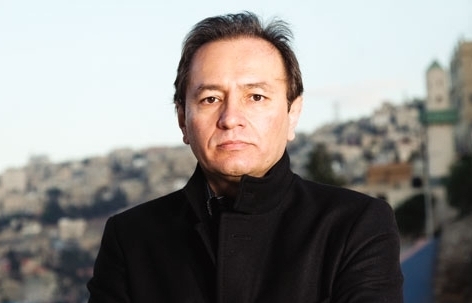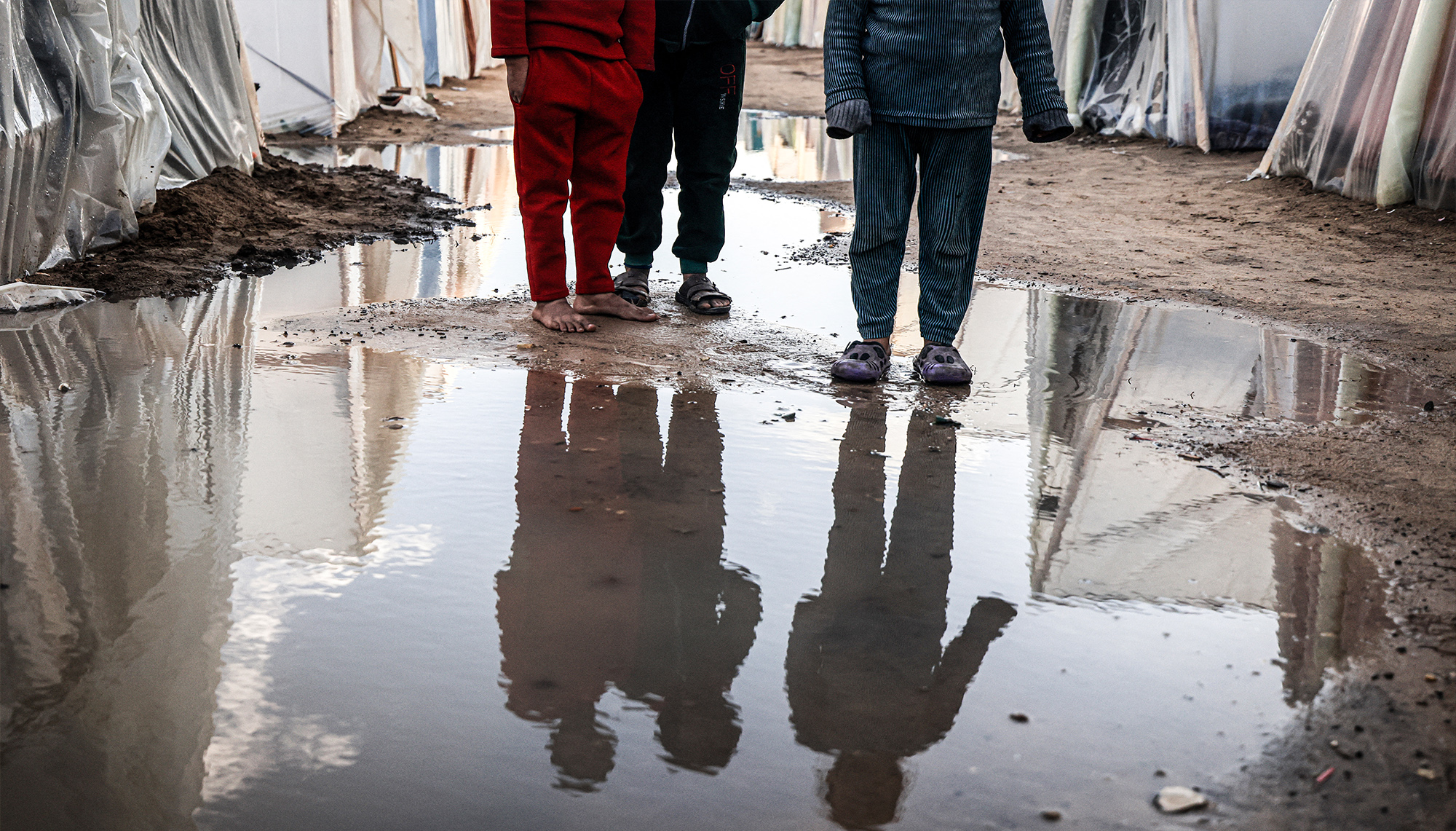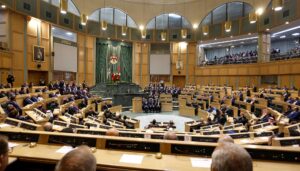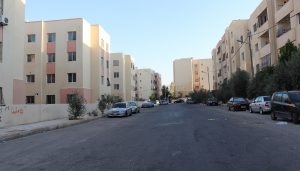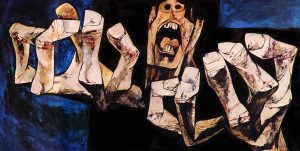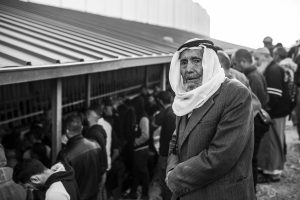By Lana Alamat
In the past few months, the media has been dominated with news of the government’s campaign to fight corruption and, most recently, the detentions relating to the Greater Amman Municipality files. Trust me when I say that 90 percent of the information published by the media has been legally and technically inaccurate. But theatrics sell and Jordanians seem to have given up long ago on journalistic standards and ethics. Be that as it may, and as misleading as the coverage has been, it’s not what has kept me up at night. Putting aside conspiracy theories on how the media, the judiciary, and the parliament are “used” to serve political ends, I am gravely concerned by the lack of the most basic of due process rights in our criminal judicial system. It makes me think, is this the Jordan we want to live in?
I must admit, my training as a lawyer was in the US. However, and with all due respect to our civil law system in Jordan, any lawyer – regardless of background – must see a criminal justice system within the rubric of a constitution that guarantees procedural due process: a set of rules that safeguard fundamental fairness, justice, and liberty. In essence, this should guarantee that all legal proceedings will be fair and that one will be given notice of the proceedings and an opportunity to be heard before the government acts to take away one’s life, liberty, or property – the law shall not be unreasonable, arbitrary, or capricious.
I was able to practice these theories during the time I worked in the public defender system as a law student in St. Louis, Missouri. I represented the underprivileged in some of the most gruesome of crimes. Most of my clients had long criminal records, history of substance abuse and always a very sad story of how minor offenders can leave a prison system to become felons. Yet, even with such records, before a prosecutor could even levy a charge, he or she had to submit proof. As soon as a complaint was filed, I was entitled to a copy of the entire file, any and all evidence within the prosecutor’s possession, and most importantly a day in court. The prosecutor had to prove to a judge or grand jury that there was probable cause to accuse my client. This meant that the prosecutor had to submit credible evidence to a third party to support each and every element of the alleged crime in addition to evidence to support detention if the gravity of the crime necessitated such detention. Nothing short of proof of grave flight risk or the threat of physical harm to the safety of others would have sufficed for detention. Under basic due process principles, a suspect’s remand should be subject to independent judicial authorization.
These very basic first steps are lacking in today’s criminal justice processes in Jordan. How often have we heard of people who have been prevented from travel only to be informed at the airport before boarding a flight? The detentions of Omar Maani and Amer Bashir have also lacked the very minimum standards of procedural due process. The public prosecutor, the person vested with the investigation process, is judge jury and executioner! He is able to accuse, prevent travel, and detain pending investigations without having to produce any evidence. Simple statements such as “the release will affect the course of the investigations” seem to have been more than enough justification. What is worse, the attorney general, who also represents the government, has the right to appeal the public prosecutor’s decisions not to detain or to grant bail. The government gets two bites at the apple: the prosecutor (aka the government) decided to release Omar Maani after weeks of rejecting bail, then the attorney general (also the government) was able to appeal the decision? Then very next day, Amer Bashir was detained on the very same accusations facing Omar Maani. And we haven’t even started a trial! You don’t need to be a lawyer to see the contradictions.
Also, consider this: the investigation may take months while one is detained without the opportunity to review the evidence to challenge the detention. The process is clearly structured with the presumption that the interest of the government, NOT the citizen, is more worthy of protection.
The Jordanian constitution enshrines the fundamental principal that citizens are innocent until proven guilty. This presumption means that in front the overwhelming power of the state, the law must shield citizens and ensure that proper checks and balances exist. It gives me pause that many Jordanians are cheering these arrests and detentions. I always ask, if it were you, your brother or sister thrown in detention, wouldn’t you want the opportunity to defend yourself before being deprived of your liberty? As tax payers, we should all welcome a war against corruption, but the ends never justify the means. I wonder whether we have been desensitized or have we never come to value the liberty of humans.
Due process means a judicial system that presumes innocence before otherwise established, hears before it condemns, and bears the burden of proof before judgment. The judicial system is the last of our safeguards. If it fails, no constitutional amendment or national committee will be able to protect us from ourselves.
